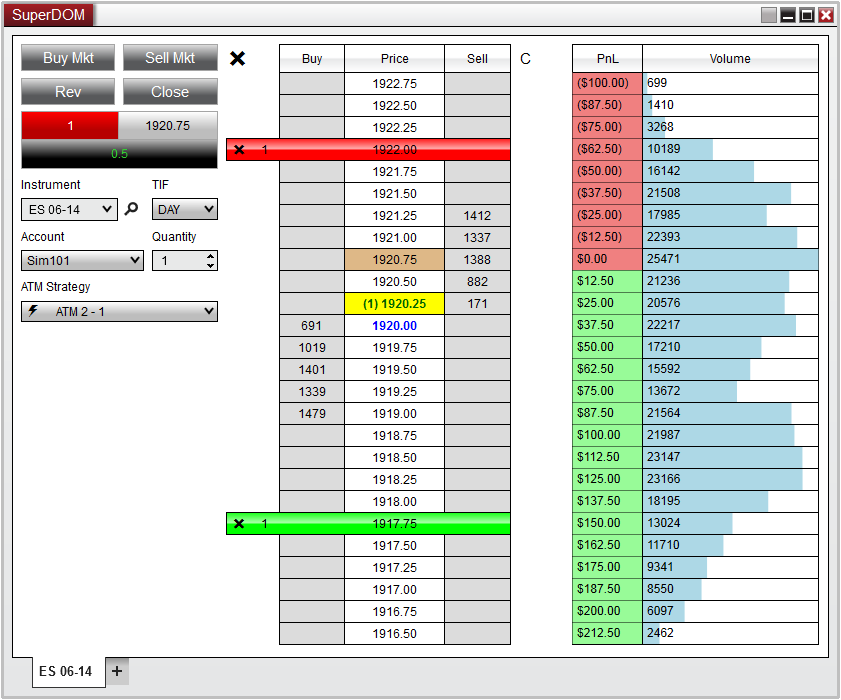Introduction
In an attempt to curb speculative trading, the exchanges move stocks to the "Trade to Trade", "T2T" or "T" segment. The NSE and the BSE, do this in consultation with the Securities Exchange Board of India (SEBI). Exchanges take this move as part of preventive surveillance measures to safeguard the interests of investors.
Criteria for Shifting Scrips to the 'Trade to Trade' segment
- The criteria for shifting scrips to/from the Trade for Trade segment are decided jointly by the stock exchanges in consultation with SEBI.
- This criteria is listed on their respective websites and reviewed periodically.
- The security should have been in the 5% price filter band for at least 22 trading days on the review date. It cannot be moved to the "T" segment if a scrip does not meet the criteria.
Impact on Trading
- One cannot perform Speculative/intraday trading in this segment.
- Delivery of shares and payment of the consideration amount are mandatory.
- Each trade has to result in a delivery, even if you have bought and sold the shares during the same settlement cycle.
- To sum up:-
- If you buy shares, you have to pay the money and take delivery.
- If you sell shares, you have to give the delivery of shares and you will get the money.
- One cannot net off, which means, that if you buy today and also sell today, the sell position will go into auction, as you will not be able to give delivery, and you will have to pay a very heavy penalty.
Should one invest in stocks in the 'T2T' segment or stay away?
- Traders must understand that because of the points listed above, the volume in these scrips is, therefore, all delivery volume. It is a good measure of 'true interest' activity, to some extent.
- A high delivery volume could mean that a large number of investors are willing to buy and hold the scrip.
- The "T2T' segment is not the worst for a scrip to be in. The price movement and complete speculation remain safe.
- The 'Z' group (not the '"T2T' group) is the worst and should be avoided.
- BSE introduced this in July 1999. It includes companies that have failed to comply with the listing requirements, failed to resolve investor complaints, or have not made the required arrangements with the depositories for the Demat of their securities.


